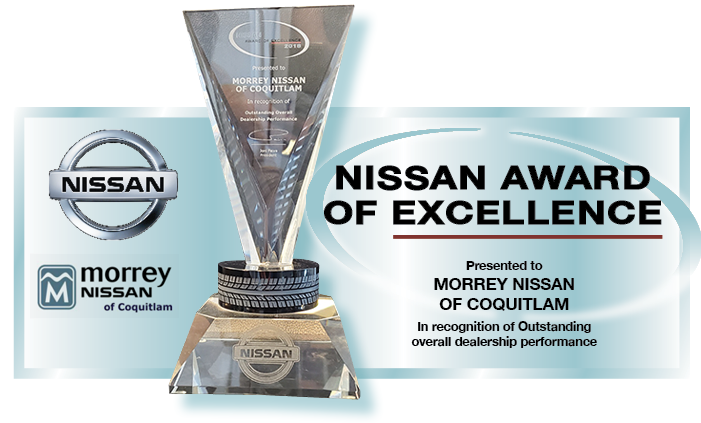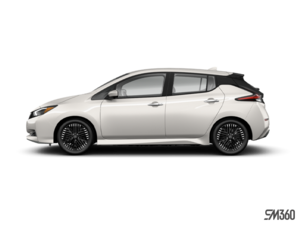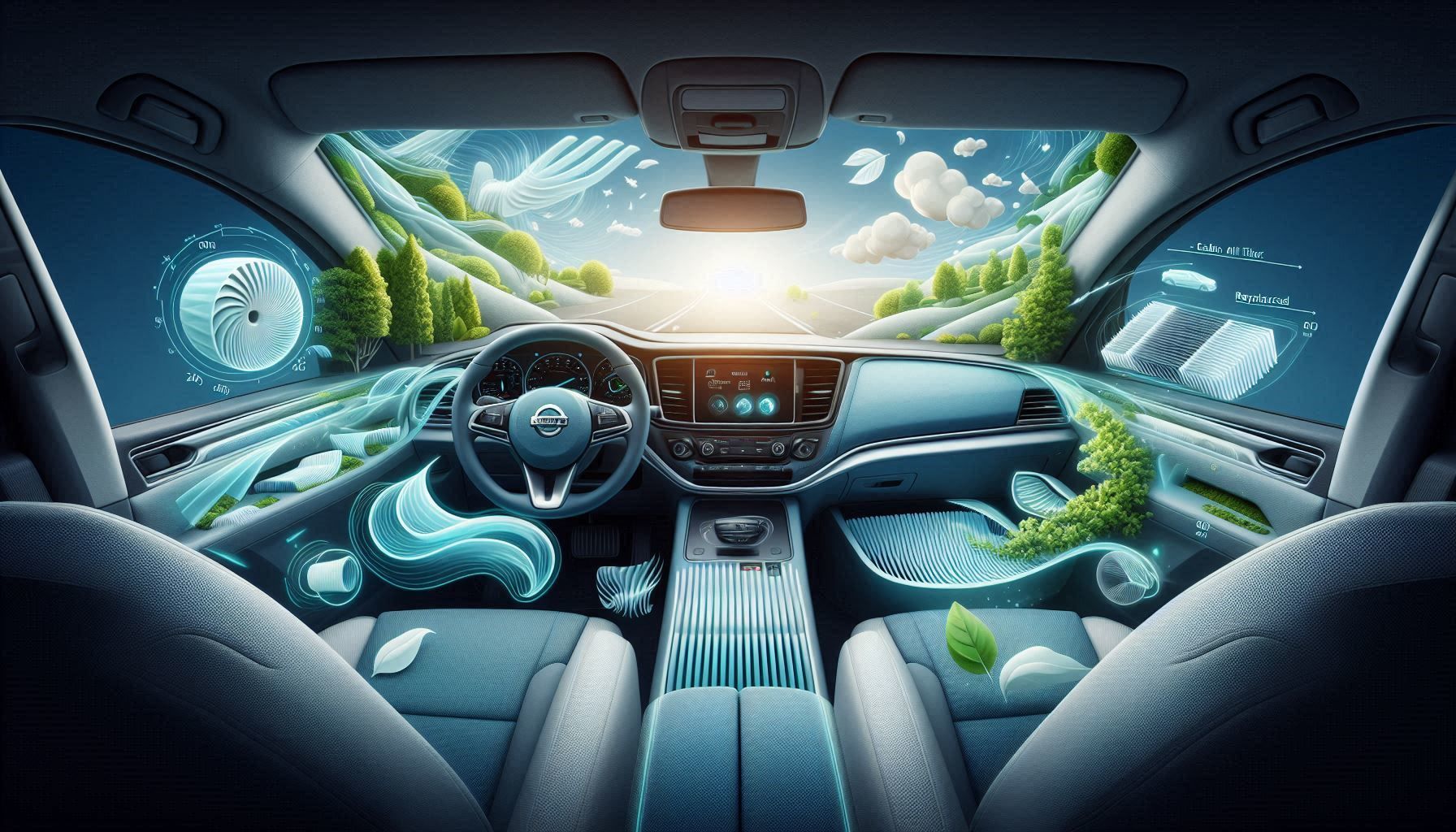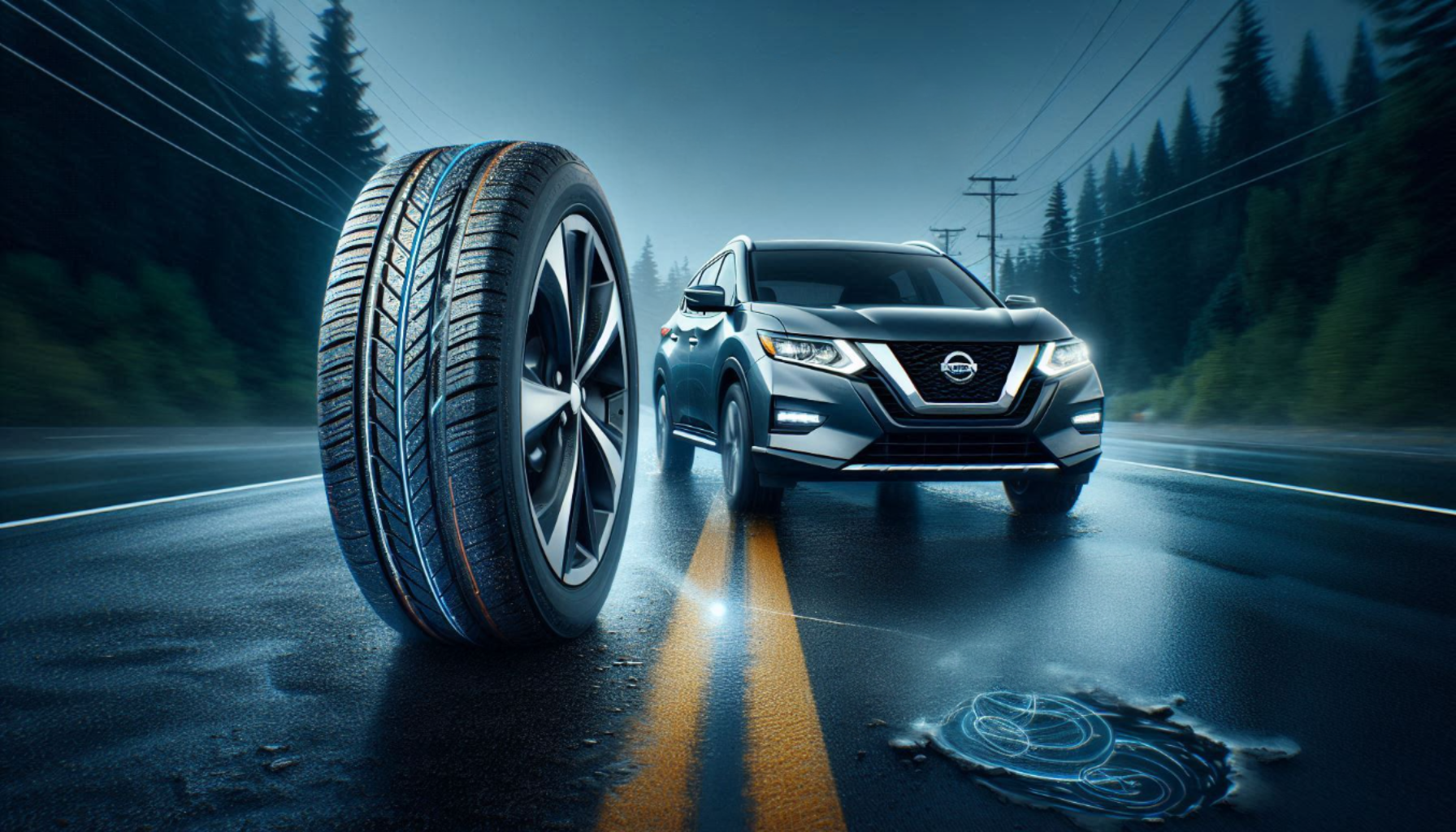Nissan Displaying Their Latest Green Technologies in Rio
August 10 2016,

The 2016 Rio Olympic Games have kick started with a strong message regarding the environment and climate change, prompting us to protect the planet.
No doubt inspired by this optimistic message, Nissan has unveiled in Rio de Janeiro, Brazil, their most recent technologies that will further their involvement in the realm of greener driving technologies.
If Nissan’s presentation in Rio is any indication, their future lies in electric vehicles, as well as fuel cell technology!
BladeGlider and Electric Technology
At the 2015 Canadian International Auto Show, Nissan put on display a futuristic, two-seater concept that looks like it takes after a drag-racer more than an actual car.
The Nissan BladeGlider that officially premiered in Tokyo in 2013 was unveiled in Toronto as an all-electric concept. The model is a study of sport styling and driving that combines performance and zero emissions thanks to an electric powertrain.
In Rio, Nissan unveiled the working prototype of the car. It is also one of Nissan’s first steps into intelligent mobility, a concept more and more manufacturers are addressing. This concept is not only strengthening Nissan’s commitment to zero-emission technologies, which comes as no surprise considering the Leaf is one of the best-selling EVs on the market, but it also introduces new notions of autonomous driving.
Power is provided by five lithium-ion 220 kWh battery-packs that would allow the BladeGlider to reach a top speed of 190 km/h and three torque vectoring modes will allow to adapt the driving dynamics. Every single detail of the BladeGlider, from the materials to the mechanical components, has been thought out to represent the ideal balance of sportiness and efficiency.
Solid Oxide Fuel Cell
Instead of going the hydrogen way like many other manufacturers, Nissan is looking into ethanol powered fuel cells. According to Nissan CEO and President Carlos Ghosn, ethanol-blended water is easier and safer to work with than many other fuels.
And because there would be no need to create new infrastructures, there is a great potential for growth. The e-Bio Fuel Cell prototype, based on a Nissan e-NV200, relies entirely on ethanol to power the electric powertrain, providing a range of over 600 kilometers.
Its emissions are carbon-neutral. Bio-ethanol is already widely used in markets across the world, extracted from corn and sugar cane. An ethanol fuel-cell would provide all the driving dynamics of an electric powertrain with all the advantages of a gas-powered engine, including the convenient range and quick-refueling process, but without the polluting emissions.
At Morrey Nissan in Burnaby, we are excited to see what the future of Nissan holds and are proud to be part of it. You can already enjoy a taste of the future, thanks to the all-electric 2016 Nissan Leaf and drive for a better tomorrow.












